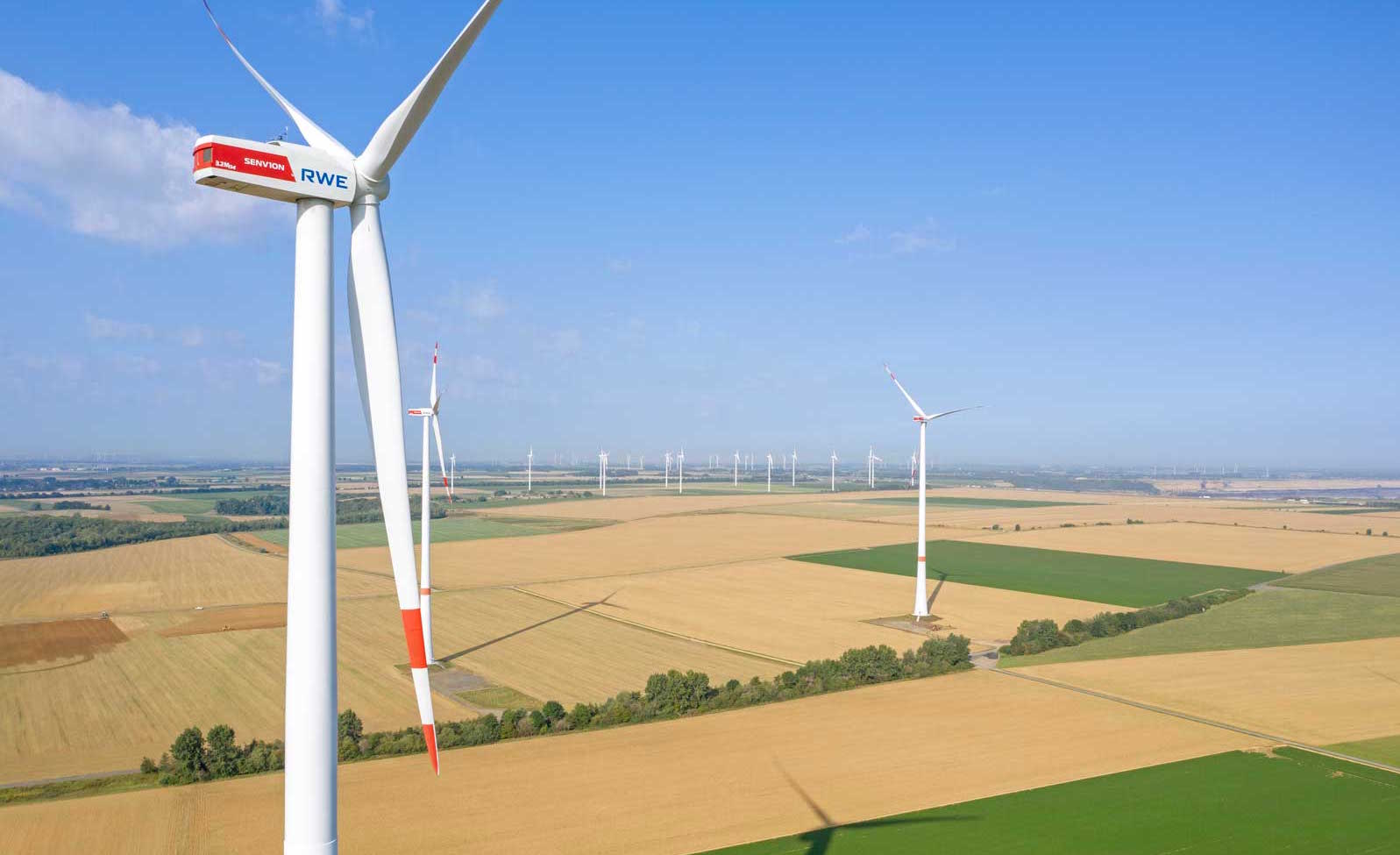RWE’s development pipeline will expand to 24 gigawatts, reports said.
With the $6.8 billion purchase funded by Qatar, RWE is increasing its bets on the second-largest renewable energy market in the world by purchasing a portfolio of US solar parks and wind farms from Consolidated Edison Inc.
RWE announced its move to buy the New York-based green energy division on Saturday, reports said.
The money will be raised through a mandatory convertible bond, making the Qatar Investment Authority (QIA) the sole and largest stakeholder of RWE. The bond will be converted into new common bearer shares, which are projected to account for less than 10% of RWE’s current share capital.
Qatar already owns shares of Volkswagen and Porsche, and the Qatari royal family is the single-largest shareholder in Deutsche Bank, considered the largest lender in Germany.
Catalysed by Europe’s energy crisis following Russia’s invasion of Ukraine, RWE has had the highest 12-month performance of any blue-chip company in the nation, with profits boosted by sharp increases in electricity rates.
It increased its profit forecast by more than a third in July.
“We are proud to support RWE’S vision to become a leader in the global renewable energy market,” Mansoor bin Ebrahim Al Mahmoud, CEO of QIA, said.
“QIA is actively investing in companies that can have a positive impact on society and shape the future of sustainability by making energy transition a reality.”
RWE Chief Executive Markus Krebber told the Financial Times that for the company, “the deal is a milestone, in particular with regard to our North America business,” noting that Washington’s “main push” into green energy is inching closer.
Describing the United States as “one of the most attractive and fastest-growing markets for renewable energy,” Krebber continued to point to US President Joe Biden’s Inflation Reduction Act. The law, as alleged by Krebber, contains some of the most significant climate change legislation ever passed in the US.
“This is providing a stable investment framework that companies want. There is clarity that the investment conditions will be very good over the coming 10 years,” said Krebber, adding that Biden’s plan did not invoke the motion of the acquisition but rather made it “even more attractive”.
Consolidated Edison announced that it will forgo a previously anticipated $850 million capital increase, but added that it would still make “significant investments” in New York’s green energy initiatives, the report detailed.
With 500 Consolidated Edison employees moving to RWE as a result of the acquisition, the German company’s capacity to produce green electricity in the US will nearly double to 7 gigawatts, making it the fourth-largest renewable energy producer.
RWE’s development pipeline will expand to 24 gigawatts. “We now have one of the largest development pipelines [in the US]. We want to invest significantly into future growth,” Krebber said.
Following the agreement, solar will represent 40% of the group’s US portfolio, up from just 3% at the moment.
RWE has historically been one of the biggest producers of carbon dioxide in Europe due to its ownership of lignite mining and coal-fired power stations in western Germany.
The Essen-based company claims that by 2030, it will have invested €50 billion in green energy and would aim to be carbon-neutral within 20 years, with Krebber saying the company is committed to be “one of the world’s leading drivers of the global energy transition”.
‘Eroding support of green energy’
This comes as Qatar’s Energy Minister and CEO of QatarEnergy said last week the soaring cost of energy is “weighing painfully” on the world economy and eroding support for the transition to green energy.
“Sadly, the growing economic burden has fizzled the euphoria over the series of energy transition plans, causing severe erosion in public support for reducing carbon emissions,” Al Kaabi said at the online LNG Producer-Consumer Conference 2022 being hosted in Tokyo on Thursday.
“Many countries particularly in Europe which had been strong advocates of green energy and carbon-free future have made a sudden and sharp U-turn. Today, coal burning is once again on the rise reaching its highest levels since 2014.”
Hundreds of billions of euros have been invested by governments all over Europe in tax cuts, handouts, and subsidies to combat the greatest energy crisis to hit the continent in decades, which is pushing up inflation, causing businesses to halt output, and raising prices, Reuters reported.
Germany would require about 40 million tonnes of liquified natural gas (LNG) alone to replace the 50 billion cubic meters (bcm) of pipeline gas it once received from Moscow, making it the largest importer of Russian gas into Europe.
Al Kaabi went on to emphasise the importance of investing in cleaner and renewable energies, including natural gas, to fuel capacity and base load capabilities, which refers to the minimum amount of power needed to be supplied at any given time.
“The lack of such investment is putting a heavy burden on both producers and consumers. Producers must find supplies that may not exist due to the lack of investment,” he said before the conference in Japan.
In a bid to ensure long-term fuel shipments from international gas suppliers, the chief executive of RWE, the largest power producer in Germany, stated earlier this month that Europe needed to spend more in LNG facilities on land, Reuters said.







